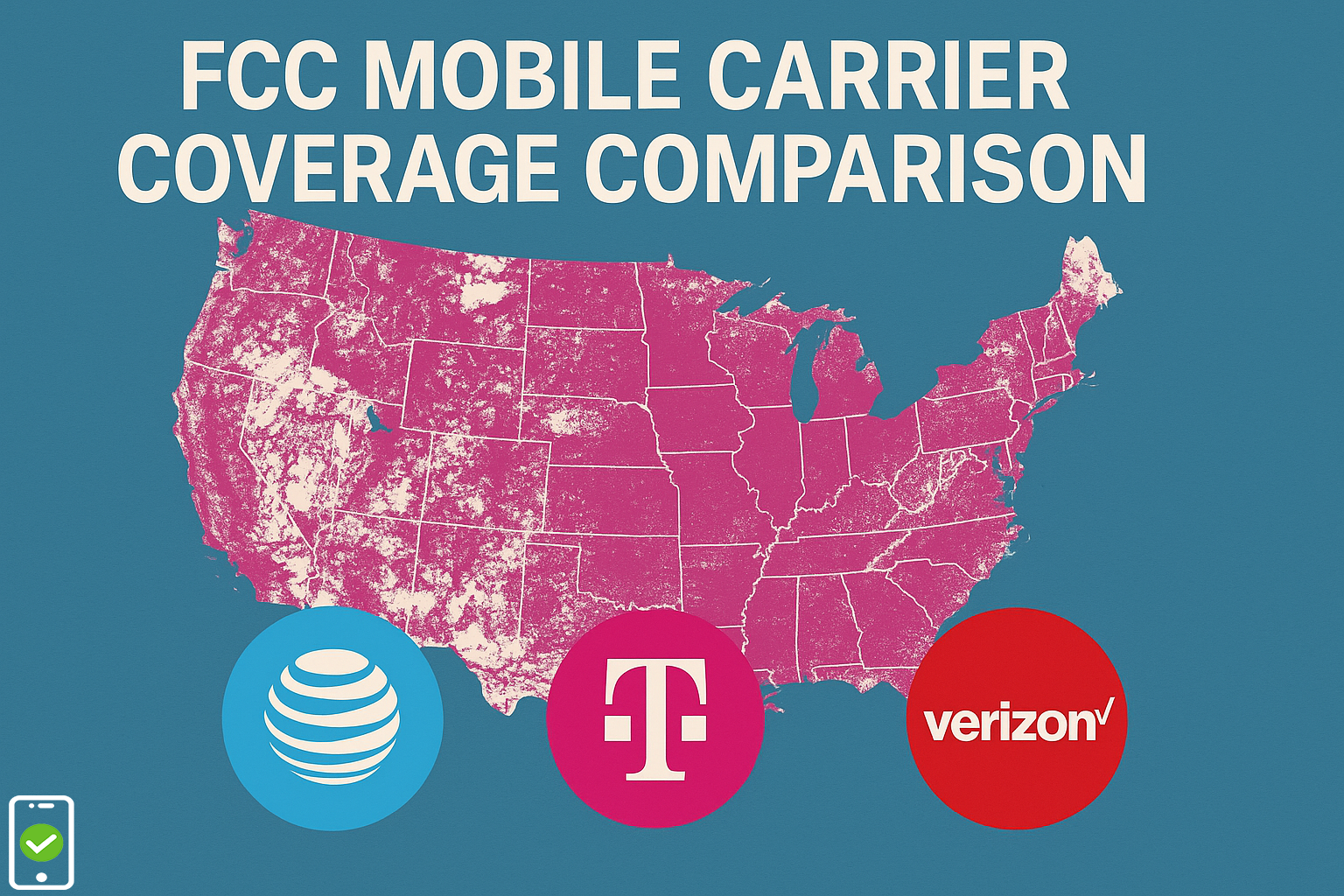The Telephone Consumer Protection Act (TCPA) has long been a cornerstone of consumer protection in the telemarketing industry. Recent updates to the TCPA, particularly around the definitions of “solicitation” and “autodialers,” have created a new landscape that businesses must navigate carefully. These changes impact how businesses engage with consumers, particularly in outbound calling strategies.
One of the most significant changes is the redefinition of what constitutes an autodialer. Previously, any system that could store or produce telephone numbers to be called using a random or sequential number generator was considered an autodialer. However, the courts have recently narrowed this definition, creating a gray area for businesses. This means that certain dialing systems previously thought to be compliant may now fall under TCPA restrictions, exposing businesses to legal risks if not correctly managed.
For businesses involved in outbound calling, this change necessitates a reevaluation of their dialing technologies and practices. It’s not enough to assume compliance based on previous interpretations of the TCPA. Businesses must closely examine the specific functionalities of their dialing systems and ensure that they fall within the newly established legal boundaries.
Additionally, the definition of “solicitation” has also been updated. This change affects how businesses can engage with potential customers, especially in terms of obtaining prior express consent. The TCPA now requires more explicit consent from consumers before they can be contacted, especially if the call involves marketing or sales pitches. This means that businesses must be more diligent in obtaining and documenting consumer consent to avoid potential litigation.
The consequences of non-compliance can be severe, ranging from costly lawsuits to reputational damage. Businesses must take proactive steps to ensure that their outbound call strategies are fully compliant with the updated TCPA regulations. This includes training staff on the new rules, updating consent forms, and possibly even revising marketing strategies to align with the more stringent requirements.
Reality is that the recent updates to the TCPA represent a significant shift in the regulatory landscape for outbound calling. Businesses must adapt to these changes by reassessing their technologies and practices to ensure compliance. Failure to do so could result in significant legal and financial consequences. Stay sharp out there.



